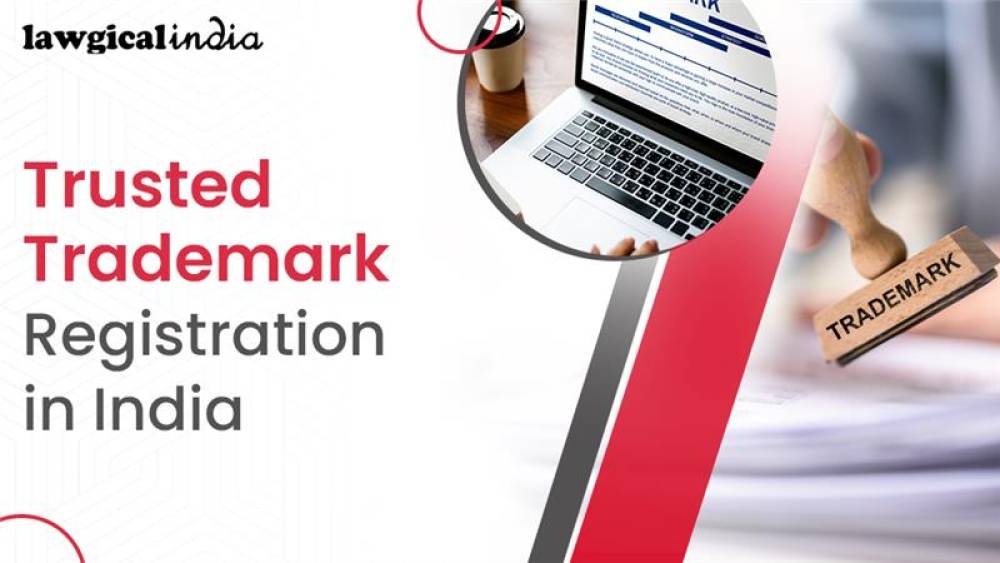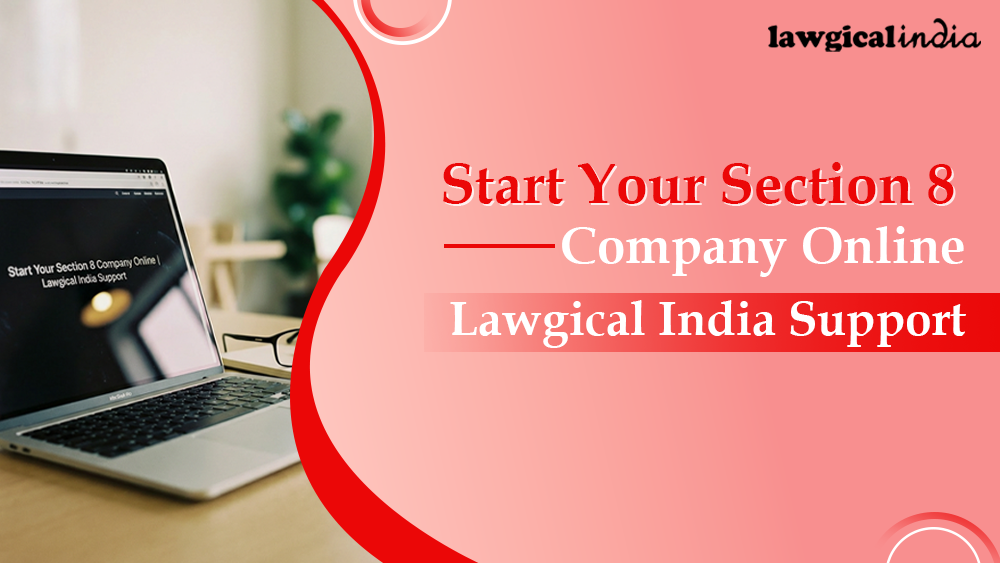If you are a startup in the stage of ideation or pre-revenue, then various thoughts about your startup’s functioning would have sprang up in your mind repeatedly. There are multiple forms in which you can structure your company or startup. One of the most popular company structures is that of a one-person company.
To understand the benefits and drawbacks of this company setup, it's first essential to understand what a one-person company is!
A one-person company can be defined as a business entity where a single person is responsible for owning and operating a company. Due to the sole proprietary in this company setup, the owner can enjoy all the corporate-related advantages without having directors on the board. In addition, this also means that there is limited liability in a corporation.
The idea of a person company comes into existence?
The Companies Act of 2013 established and implemented the idea of a one-person company. The primary objective of this idea to come into force so staunchly was that the government wanted to come up with measures to support entrepreneurship and bring startup owners and their ideas to the forefront.
Benefits of a One-Person Company
.png)
-
Greater flexibility
The chief benefit that individuals believe comes with choosing a one-person company is that they get unlimited flexibility and freedom concerning the decisions they make about the company's future. So if you wish to enjoy their control and partnership, you should opt for a one-person company due to its increased benefits of greater autonomy in decision-making.
-
Fewer compliances than other structures
Another significant benefit that individuals feel comes with the structure of a one-person company is that they have very few legal compliances required by other company forms. Operating as a one-person company, you will have fewer compliances than other company structures. You would only have to file an annual return, not other audits or balance sheets.
-
Taxation benefits
Profits for a person company are taxed at a lower rate than other company structures like a Limited liability partnership or a private limited company. If you are an entrepreneur who wishes to save on the tax bills and are still in the early stages of your startup venture, opt for a one-person company setup in 2025. It will help you save your money.
-
Limited liability
A one-person company is treated as a person property of an individual and therefore there is limited liability in a one-person company than in other company structures.
-
Easy accessibility to credit
In a one-person company, you get to enjoy various other benefitslike easy accessibility to credit sources like funds and loans, similar to other private companies. This provides easy accessibility to multiple credit sources and is an added advantage if you operate as a one-person company.
-
Sole ownership
As the name suggests, a one-person company is you owning or owning your startup venture. It allows individuals to make decisions and receive various benefits by being the company's sole proprietor.
-
MSME Benefits
The Government of India has allowed various benefits to MSMEs, and if you are operating as a one-person company, you can also enjoy those benefits.
These were some of the benefits that one gets to enjoy under a one person company. To get your company registered, contact lawgical India.
FAQs
1. What is a One Person Company (OPC)?
An OPC is a business entity owned and managed by a single person, offering the benefits of a private limited company with fewer compliances. Lawgical India helps you register your OPC seamlessly, even if you're just at the idea stage.
2. Who can start a One Person Company in India?
Any Indian citizen and resident can register an OPC. Lawgical India will check your eligibility and assist with the complete documentation process.
3. Is OPC a good option for startups?
Yes, especially in the ideation or pre-revenue stage. It offers limited liability, tax benefits, and complete control. Lawgical India helps you compare OPC with other structures to make the right choice.
4. What are the key benefits of OPC registration?
Lower compliance, limited liability, sole ownership, tax advantages, and access to MSME benefits. Lawgical India ensures you tap into all these benefits from day one.
5. How is OPC taxed in India?
OPC is taxed as a private limited company, but startups enjoy certain exemptions. Lawgical India helps you leverage every available tax relief during and after registration.
6. What’s the registration process for an OPC?
It includes obtaining a DSC, name approval, filing SPICe+ forms, and getting the Certificate of Incorporation. Lawgical India handles it all for you — from form filling to final approval.
7. Can OPC raise funding or take loans?
Yes, OPCs can access credit just like private limited companies. Lawgical India assists in building a compliant profile to secure funding easily.
8. Do I need an office address to register an OPC?
Yes, a valid registered address is required. Lawgical India can help with virtual office solutions if needed.
9. Can an OPC be converted into a Private Limited Company later?
Absolutely. Once your business grows, Lawgical India helps you convert your OPC smoothly into a private limited company.
10. How much time does it take to register an OPC?
Usually 7–12 working days. Lawgical India speeds up the process with expert support, accurate filings, and real-time follow-ups.











No comments yet. Be the first to comment!